Wayne Rooney is an England great but regretfully a career with so many goals had so few tournament moments
For a player whose international career was defined by goals, there is no defining goal; no single strike to really elevate it to the levels of the very best - it is a case of more meaning a bit less
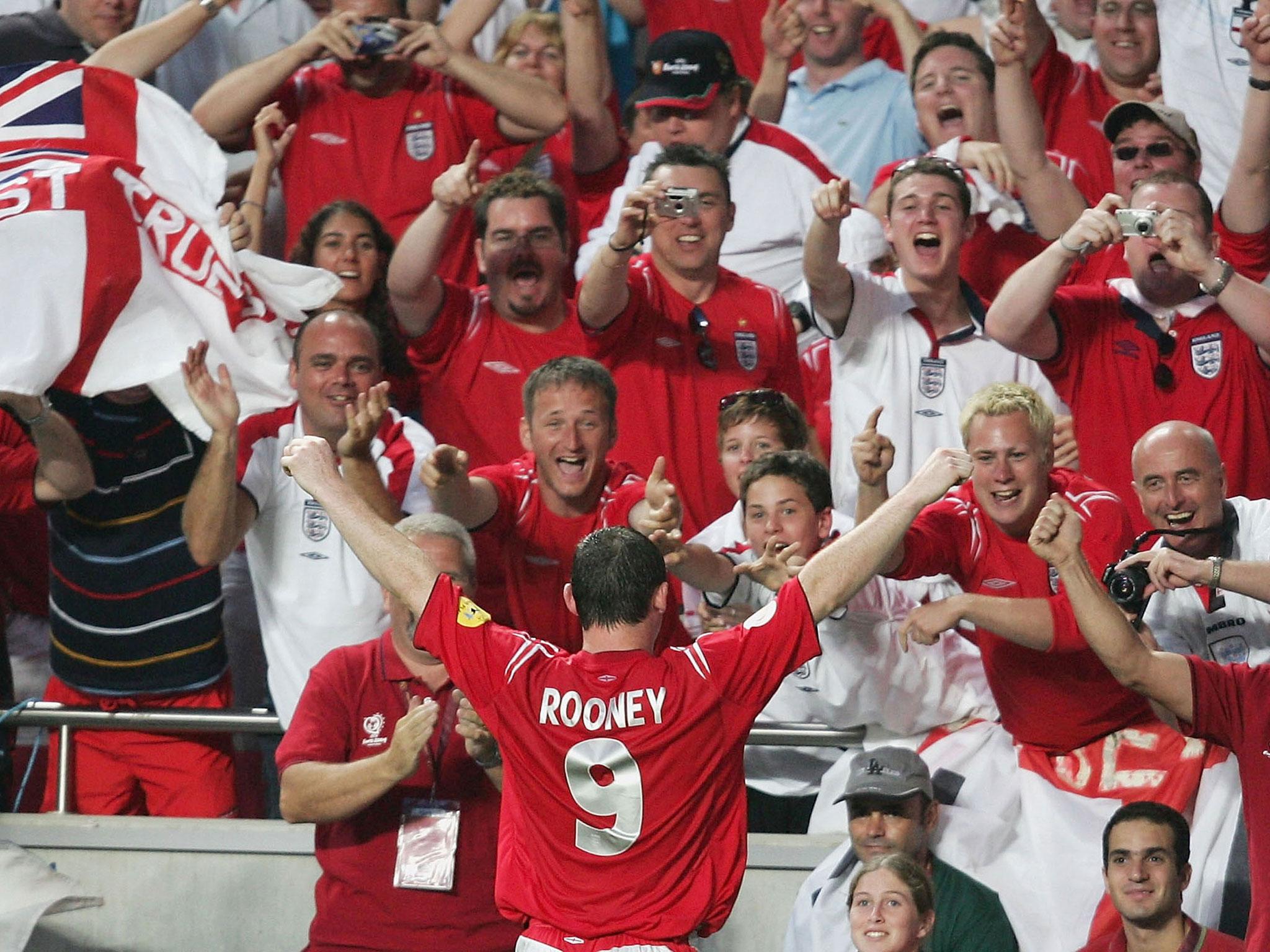
Your support helps us to tell the story
From reproductive rights to climate change to Big Tech, The Independent is on the ground when the story is developing. Whether it's investigating the financials of Elon Musk's pro-Trump PAC or producing our latest documentary, 'The A Word', which shines a light on the American women fighting for reproductive rights, we know how important it is to parse out the facts from the messaging.
At such a critical moment in US history, we need reporters on the ground. Your donation allows us to keep sending journalists to speak to both sides of the story.
The Independent is trusted by Americans across the entire political spectrum. And unlike many other quality news outlets, we choose not to lock Americans out of our reporting and analysis with paywalls. We believe quality journalism should be available to everyone, paid for by those who can afford it.
Your support makes all the difference.There is absolutely no debate that Wayne Rooney’s very goal record makes him one of England’s greatest players but, from all those 53 strikes, there is still quite a telling debate about his entire international career. What actually was his greatest moment in an English jersey?
It is rather ironic, and reflects something significant about that international career, that it probably wasn’t any of those goals at all. It was something else. It was something from one of his earliest England games, at Euro 2004 when the very sight of him tearing so ferociously up the pitch seemed to cause utter panic and chaos in the French defence. It was as if, through sheer explosive power, he was making one of the most experienced backlines in the world forget everything they knew about the game.
It was not just about the moment, either. It was about what seemed possible for every moment after that. That a mere 18-year-old was already doing this, and that everyone knew about his developing talent, couldn’t but fire the imagination; couldn’t but inspire optimism about what was possible with that kind of potential.
As to whether he lived up to that potential? Many will say that becoming your country’s top goalscorer should end any such debate, but Rooney probably said it himself in his retirement statement. "One of my very few regrets is not to have been part of a successful England tournament side.” You could extend to say that, beyond 2004, he never really had a successful individual tournament for England either.
This is by no means to blame or criticise Rooney, but is rather a lament for what might have been, because of the somewhat fickle nature of international football. You could even argue that, given his obvious talent and general productivity for England, he is the unluckiest victim of the fact tournaments are mere vignettes in the sport. A player's career has to effectively be timed to be on top form for four weeks of a year, something increasingly difficult in the club-driven modern game, and something that doubtless informed Rooney’s decision to retire now.
It certainly affected his decisiveness in those tournaments.
One of England’s greatest ever talents played in seven tournaments but was recovering from injury for 2006 and 2010, suffered from one of football’s fundamentals in bad management in 2008 and 2014, was obviously on the decline for 2016, and then missed half of 2012 through a needless red card.
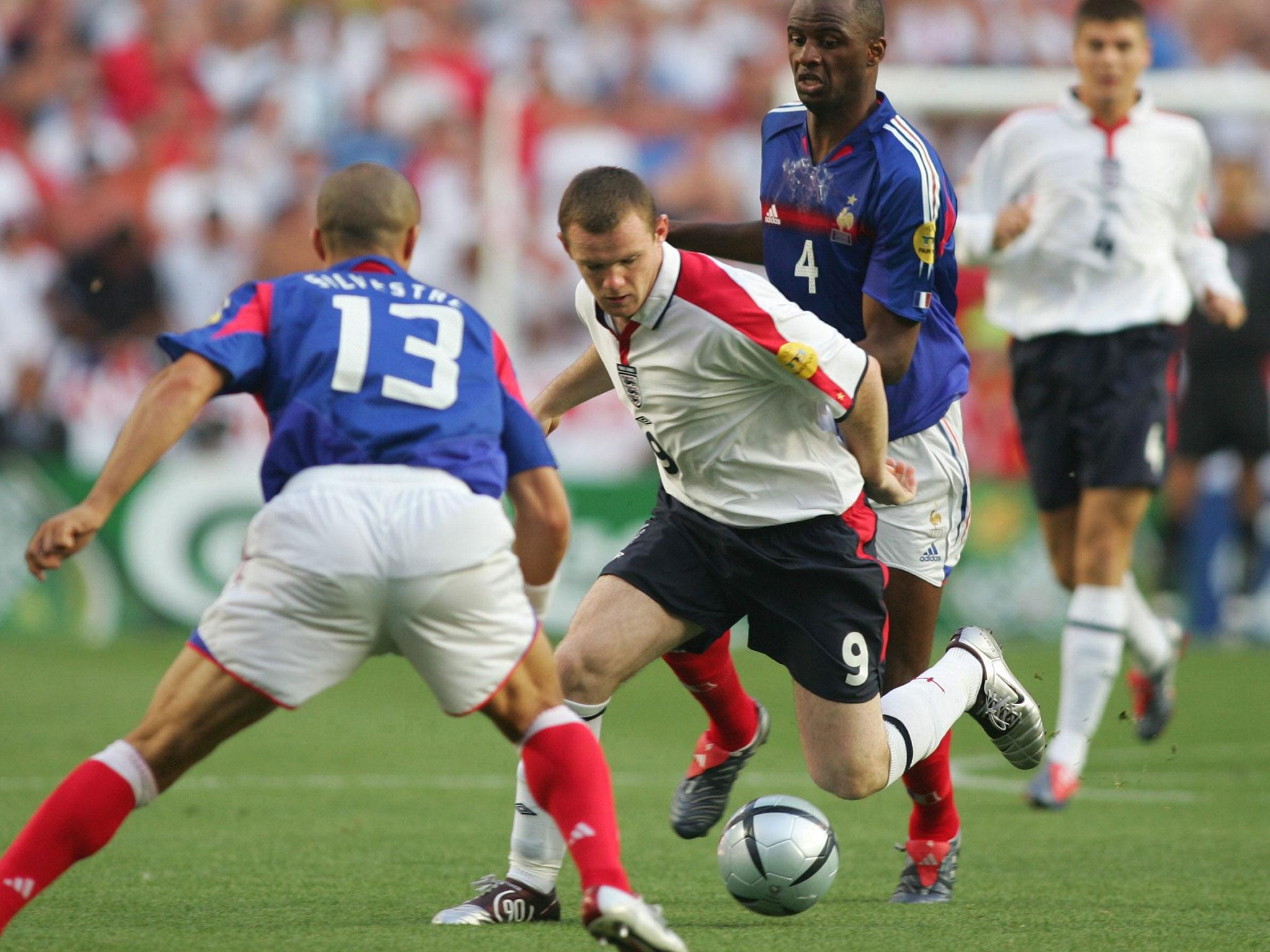
It is probably not a coincidence, then, that Euro 2012 - the only competition other than 2004 when he could be said to have come into it relatively unencumbered other than that initial two-game suspension - saw one of what were just two goals from open play in such tournaments after his very first.
And that is the problem with trying to fairly recognise and pay actual respect to his time with England. What makes international careers is tournaments, not largely forgettable goals in qualifying campaigns England probably would have been successful in any way.
This is why those runs against France remain so much more memorable than various strikes against Bulgaria, Montenegro and Poland.
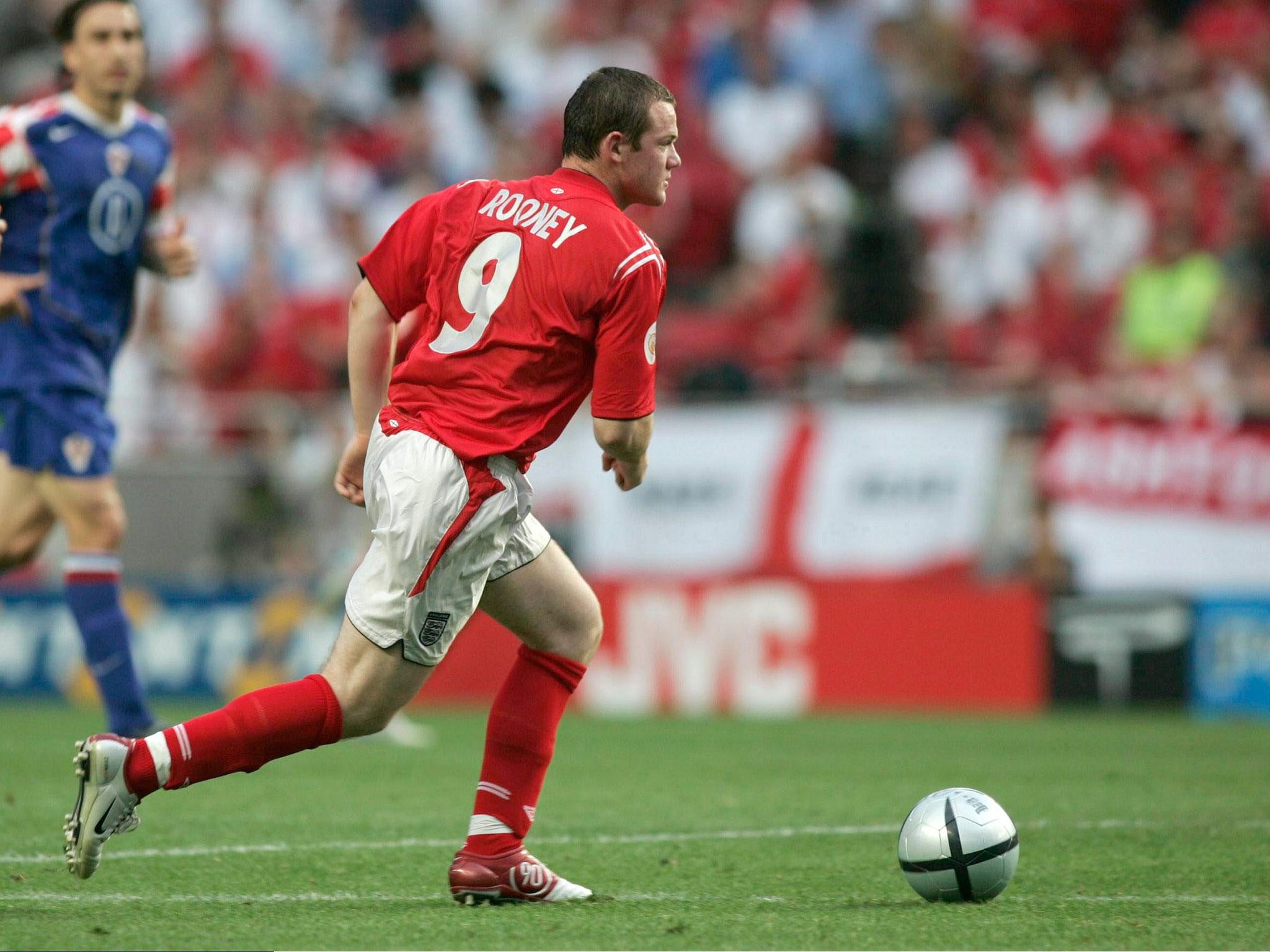
While proper respect should be given for so regularly managing that in the way was beyond other forwards, it means that his England career is largely defined by effortlessly efficient goals against medium-level opposition, rather than the great historic moments he would have been capable of.
Again, through now fault of his own, it should have different. What might have been possible had he not injured his ankle in that 2004 quarter-final against Portugal, or his metatarsal just before the 2006 World Cup? England just looked so flat without him in the latter, robbed of the rampaging quality he was really beginning to show at that point.
That was perhaps the height of his misfortune with his country. That 2006 World Cup might really have been his moment.
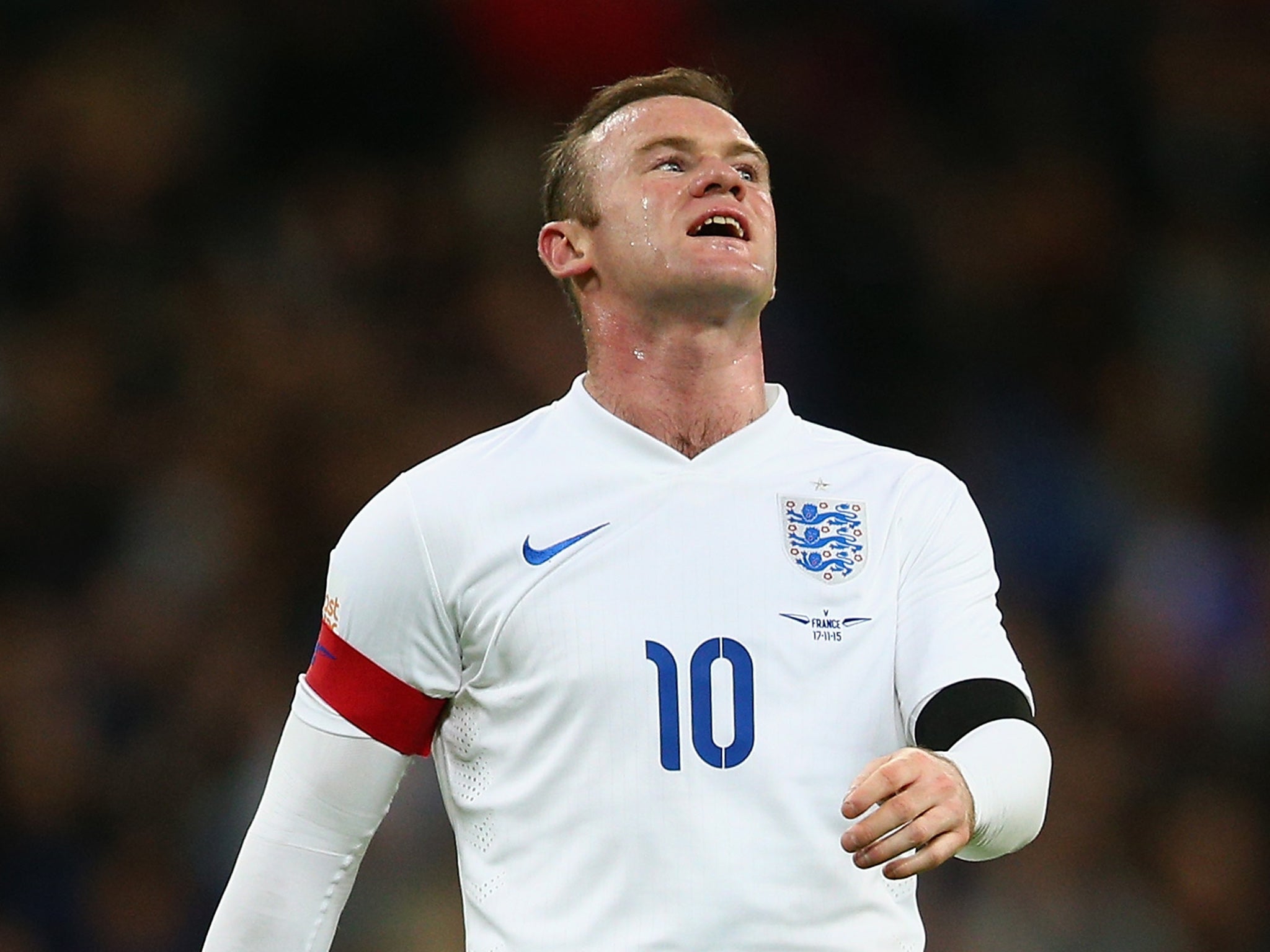
It also brings the issue to a relatively trivial exercise, but telling example. If you were to pick an all-time England XI, or even attempt to lay out the country’s greatest, would Rooney’s goals really elevate him ahead of Gary Lineker’s golden boot in 1986, Alan Shearer’s in Euro 96, or Geoff Hurst’s World Cup winning hat-trick?
That is also highly debatable, especially in an era when players just get so many more international caps, and there also many more nations.
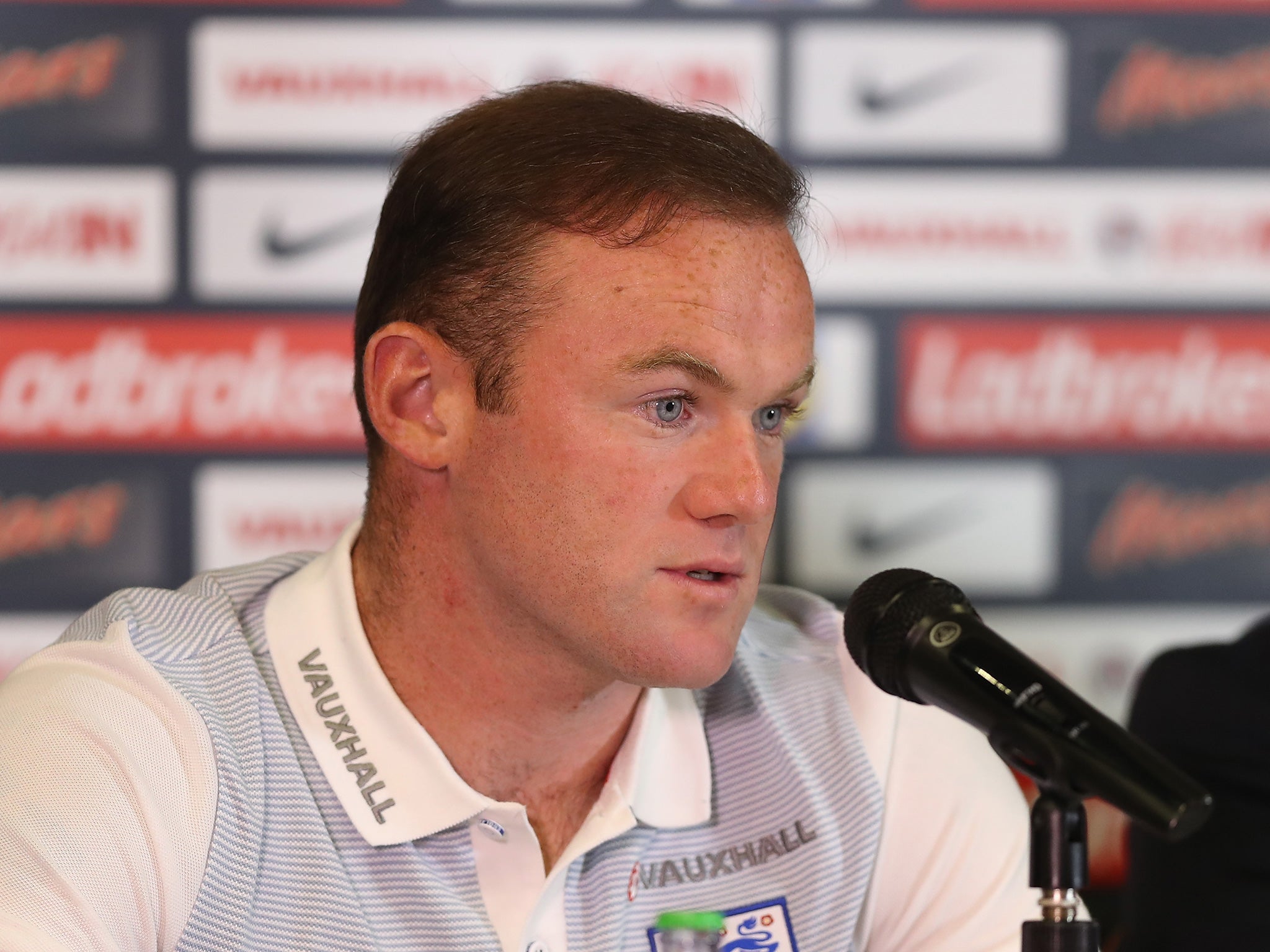
It means that, for a player whose international career was defined by goals, there is no defining goal; no single strike to really elevate it to those levels - not the opener against Switzerland in Euro 2004, not the goal against Poland that took them to a forgettable 2014 World Cup. They don't truly compare. It is a case of more meaning a bit less.
This is again not Rooney’s fault, just his misfortune, and the contradiction of it all. His was a great England career, with so many goals, but so few tournament moments.
Join our commenting forum
Join thought-provoking conversations, follow other Independent readers and see their replies
Comments